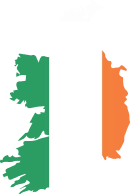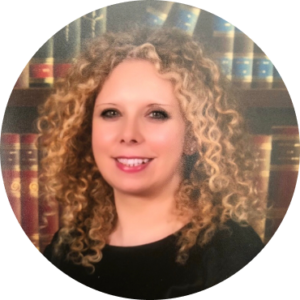Ben Murray
Ben Murray is currently a Post-Primary Director with the NCCA. He has responsibility for curriculum and assessment design at junior cycle and senior cycle levels.
He has 25 years teaching experience in both the primary and the post-primary sectors in Ireland; as a Music, a Classics and a digital media teacher. Over the course of those 25 years, Ben has coordinated a thriving music department, enjoyed a few years as a Deputy Principal, acted as mentor and adviser for initial teacher educator (ITE) students and has been involved in the design and deployment of teacher professional learning.
Ben is particularly interested in researching the embedding of key competencies in teaching, learning and assessment; in the role that technology plays in allowing collaborative cultures to thrive in classrooms and how these collaborative environments support the development and assessment of current and emerging key competencies.

 IRELAND
IRELAND









